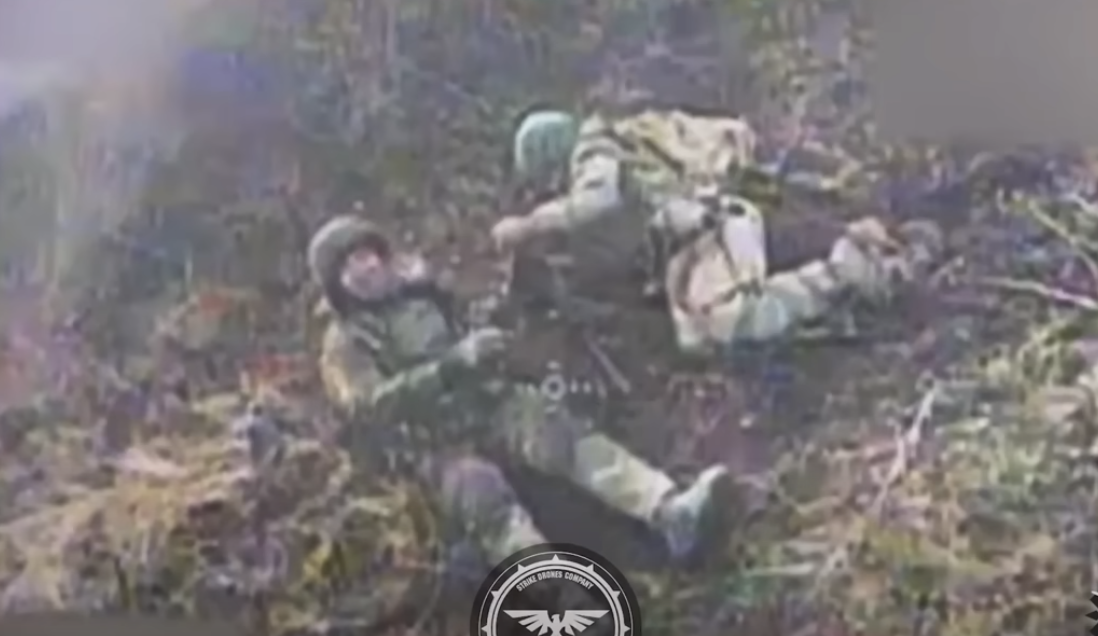ISW: Russia’s current losses in Ukraine mirror rate of new force generation
Russia's recruitment efforts may not offset casualties, posing challenges to Russia's military capacity in Ukraine, ISW says. The post ISW: Russia’s current losses in Ukraine mirror rate of new force generation appeared first on Euromaidan Press.

Russian forces may be suffering losses along the entire front in Ukraine at a rate close to the rate at which Russia is currently generating new forces, the US-based think tank Institute for the Study of War (ISW) notes.
Both Russian and Ukrainian officials have confirmed that Russian crypto-mobilization initiatives yield an estimated 20,000 to 40,000 personnel each month. This recruitment rate could potentially be lower than the rate of Russian casualties occurring in Ukraine at present.
During the spring and summer of 2023, Ukrainian authorities disclosed that Russia was enlisting approximately 20,000 individuals each month through crypto-mobilization endeavors.
Russian Security Council Deputy Chairperson Dmitry Medvedev previously claimed that the Russian military recruited 42,000 personnel between November 9 and December 1.
Ukrainian data on Russian casualties along the front indicate that the monthly Russian casualty rate might surpass the 20,000 monthly recruitment figure and possibly even approach the significantly higher estimate provided by Medvedev. As a response to ongoing Russian operations in Ukraine, the Russian military command has hurriedly dispatched newly formed and understrength units to reinforce various sectors of the front. This has hindered the broader, long-term efforts to establish operational and strategic reserves and to restructure the Russian ground forces.
Both recruiting and casualty figures likely fluctuate over the course of the year, and all available figures are likely exaggerated. The reported numbers match observed battlefield conditions, however, as well as other Ukrainian reports that the Russian military has only been able to sustain its current manning level in Ukraine despite its reportedly high numbers of new recruits.
“High Russian casualties will likely prevent Russian forces from fully replenishing and reconstituting existing units in Ukraine and forming new operational and strategic reserves if Russian force generation efforts continue at current rates while the Russian military continues operations. Russia does appear able to continue absorbing such losses and making them good with new recruits, however, as long as President Vladimir Putin is willing and able to absorb the domestic consequences,” ISW says.
Estimated Russian losses as of day 653 of Russia's full-scale invasion of Ukraine, according to the General Staff of the Armed Forces of Ukraine. pic.twitter.com/CDzaZbcm0F
— Euromaidan Press (@EuromaidanPress) December 8, 2023
Read also:
- General Staff: Ukrainian forces destroy Russian Su-24M ground attack aircraft
- UK intel reports 320,000 Russian combatant casualties in Ukraine, with 70,000 dead
- Russia officially recognizes death of its Major General Zavadsky at Kherson’s Krynky
- British intel: Russian casualties in Avdiivka among highest of war
- Ukrainian military says 7,000 Russians killed, 86 tanks destroyed last week
You could close this page. Or you could join our community and help us produce more materials like this.
We keep our reporting open and accessible to everyone because we believe in the power of free information. This is why our small, cost-effective team depends on the support of readers like you to bring deliver timely news, quality analysis, and on-the-ground reports about Russia's war against Ukraine and Ukraine's struggle to build a democratic society.
A little bit goes a long way: for as little as the cost of one cup of coffee a month, you can help build bridges between Ukraine and the rest of the world, plus become a co-creator and vote for topics we should cover next. Become a patron or see other ways to support.
The post ISW: Russia’s current losses in Ukraine mirror rate of new force generation appeared first on Euromaidan Press.



